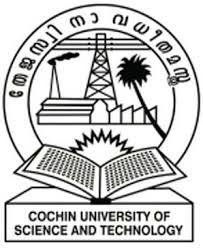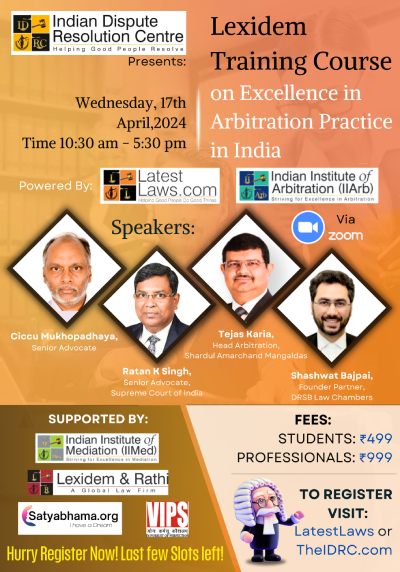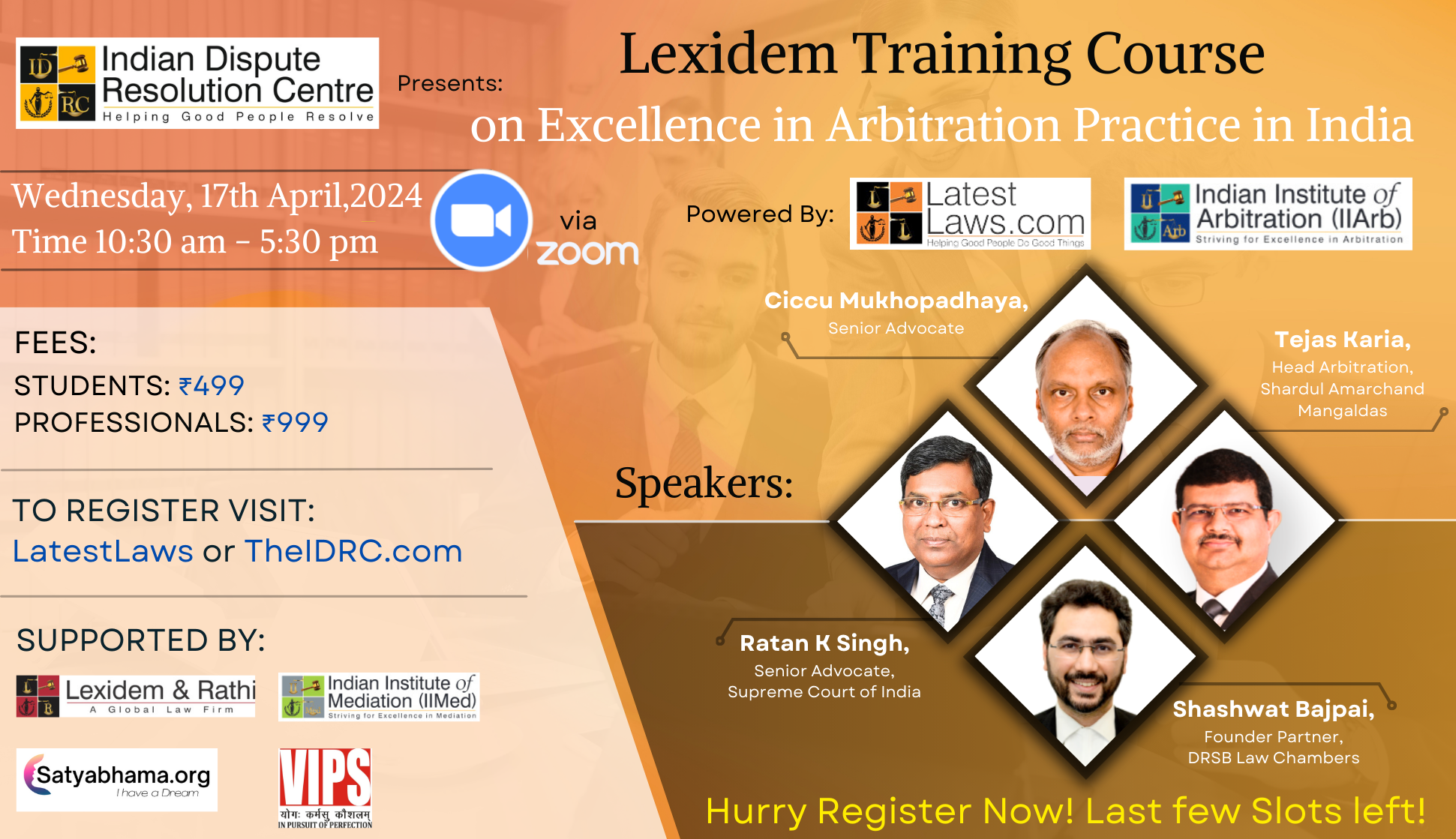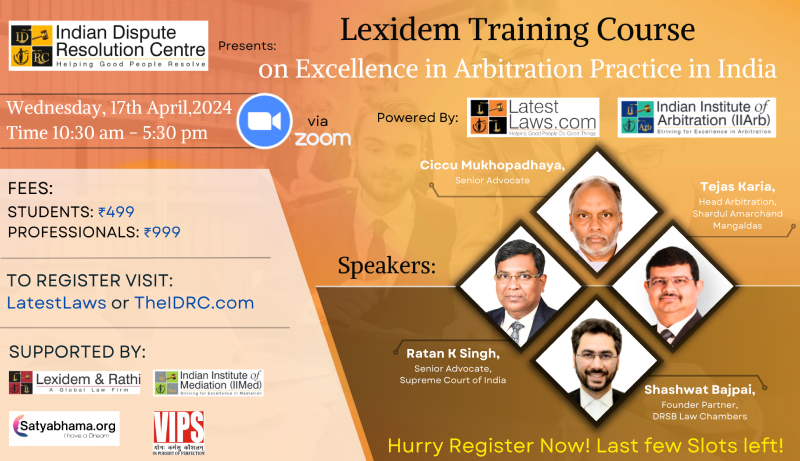The Inter University Centre for IPR Studies, Cochin University of Science and Technology (CUSAT) is organising the sixth annual ‘Rethinking Intellectual Property Rights’ workshop on the theme ‘Intellectual Property Rights and Competition: A Social Perspective’ for Law Students and students of other disciplines interested in this area (Under Graduates, Post Graduates and Research Scholars).The programme is scheduled to be held from January 18-20, 2019.
Objectives of the Annual Workshop
Rethinking IPR is an annual National Level Workshop for law students and students of other disciplines interested in IP research (undergraduate, post graduate and research scholars) organized by the IUCIPRS, CUSAT to initiate critical thinking regarding the role of Intellectual Property Rights in a social context. The pedagogical practice existing among the Law Schools in India predominantly approaches IP from a commercial angle, often ignoring the social implication of IP.
The main objective of Intellectual Property Law is to maintain a correct balance between protection of IP and providing access to the public to the modern technology and its benefits. The western approach of looking at IP as a catalyst of development is being followed by our law schools without being interrogated.
Our experience with the western approach signifies that it stifles innovation and research and creates barriers in the enjoyment of benefits by the public. The question therefore is, should India imitate the western practices, both statutory and judicial, or whether we should evolve our own jurisprudence of IP reflecting wider questions of national development and the welfare of people.
About the Theme of 2019 : ‘Intellectual Property Rights and Competition: A Social Perspective’
The intellectual property rights and the competition may seem to be in conflict with each other at the first instance. However, a deeper understanding of the same sheds light to the fact that both aim to achieve a common end- i.e. global welfare. The means to this end, followed by both the systems, might be diverse.
Intellectual property, in itself, does not confer absolute monopoly to the IP holder but a limited monopoly keeping in mind the consumer welfare that the IP seeks to achieve. If IP is to promote affordable access, one cannot do so forgoing competition. It is with this view that competition principles are pushed into the IP framework. This is evident from the express competition provisions present inside the TRIPs agreement, which is the present international document binding the member countries to create national IP law.
Apart from the express provisions on competition, TRIPs contains provisions which has an effect of encouraging competition. The positive side of bringing competition inside the IP law is that the dynamic efficiency of the IP regime does not get hampered. At the same time, this does not prohibit the national competition policy and authorities from monitoring the conduct of the IP holders. It is therefore the aim of this programme to have a better understanding of the tryst between competition law and IP.
The programme includes lectures, invited talks, case studies, corner discussions, students’ presentations, exercised, scenario analysis, role play, field exposure etc.
Sub themes
- The interplay between competition, innovation and IPRs.
- Competition principles within TRIPs framework.
- Indian Competition Act and IP- Balance between affordable access of IP and development.
- Competition Commission of India and IP – Trends in handling of Indian IP cases dealt by CCI.
- Patents and competition – (a) Competition principles within the Indian Patent Act- Compulsory licensing, Exhaustion, Patent Standards, and Patent rights, (b) Role of Patent pools, SEP, Patent Licensing agreements in promoting competition.
- Competition Principles within the Indian Copyright Act – compulsory licensing, statutory licensing, Role of collecting societies, Refusal to License, the role of Collecting Societies, exhaustion of rights.
Registration and Selection Process
Law students and students of other disciplines interested in this area (undergraduate, post graduate and research scholars) willing to prepare a paper on any of the sub-themes could apply.
Register online at this page.
The sessions of the workshop are designed in a manner reflecting the concerns of the access to intellectual property goods and the role of competition in facilitating affordable access to the IP goods. Students are urged to prepare papers accordingly so that each session will comprise of two student presentations representing the conflicting interests.
Step 1: Each student is allowed to register by sending an abstract (maximum 300 words) on one or two sub-themes on or before 22nd September, 2018. Based on the title and abstracts submitted by the students as approved by IUCIPRS, the subthemes will be allocated to the students. Original single author papers are encouraged, though joint submissions with a maximum of two authors are also permissible. Selection will be based on the quality of the paper submitted.
Step 2: Intimation for the selection of abstracts will be given on or before 1st October, 2018.
Step 3: The students are further required to send the full paper by 31st October, 2018. Students shall be asked to revise their paper after screening.
Students are required to register by paying Rs. 500. Total number of participants is limited to 35. All participants are expected to take an active role in the workshop.
Awards/ Certificates
Quality papers will be published in the renowned IP Journals.
Contact
Coordinators
Vishnu Sankar P., Ph: 08089726467, vishnusankar.cusat@gmail.com Bilal A.Nazeer, Ph: 08547082805, nazeer.bilal1@gmail.com Student Convenor Vivek.A.V – 8714310160 , adv.vivekav@gmail.com
For Official Brochure, Click Here Hat-tip: SpicyIP; Click Here.
Picture Source :




























